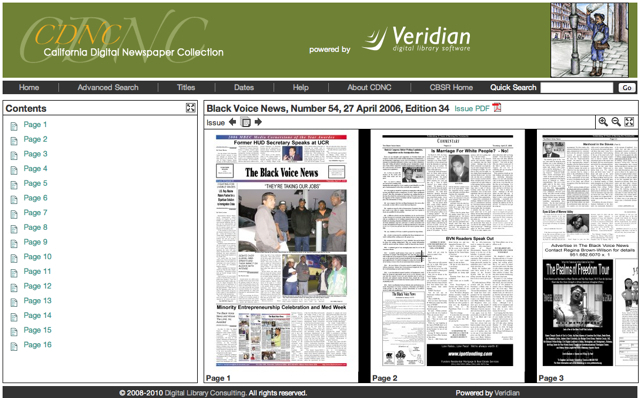2011
Presenting in Seattle
I just returned from a history conference in Seattle. It was the annual meeting of the Pacific Coast Branch of the American Historical Association (Wayback Machine link). It was a great conference, well run, and very friendly.
I presented, "Processing the Suburbs: Gender, Technology, and Paperwork in Postwar America." At the heart of the paper is the need to provide a historical component to the Digital Humanities, and to better understand the historical foundations of modern digital culture.
(Revised and republished April 21st, 2025)
Lake Tahoe Milky Way Night Time Lapse on Vimeo
Lake Tahoe Milky Way Night Time Lapse
(Revised and republished April 21st, 2025)
New Digital Humanities Minor at UCLA
I'm interested to find out more about this new program at UCLA. It seems like an excellent way to get students propelled into Digital Humanities projects. Students Should Embrace UCLA's New Digital Humanities Minor: Daily Bruin
(Revised and republished April 21st, 2025)
Born Digital newspaper project

This summer I've been working on the "Born Digital" project at the Center for Bibliographic Studies and Research (CBSR) at UC Riverside. The Born Digital project is an effort to help preserve small, weekly newspapers that are currently being produced in digital formats.
While digital technology has allowed modern newspapers to be created and distributed in new and exciting ways, it has also made the records of those newspapers more fragile. The Born Digital project helps newspaper publishers preserve, and make accessible to the general public at no charge, their digital files. As an online archive, the Born Digital project is a portion of the California Digital Newspaper Collection, which holds titles from 1846 to the present.
More information about the Born Digital project is available in this UCR news article: http://newsroom.ucr.edu/2667 (Wayback Machine link)
(Revised and republished April 21st, 2025)
Blogging, 18th-Century Style
Harvard Historian Robert Darnton on Blogging, 18th-Century Style – The Getty Iris.
An 18th-century information society?
It bugs me when people say, “we live in the information society,” as if ours is the first one that ever came into existence. Every society is an information society, according to the technologies of the time.
(Revised and republished April 21st, 2025)
Remember The Conference
I'm in San Antonio, Texas, today (right down the street from ) to present a paper at the PCA/ACA conference. It's a joint conference of the Popular Culture Association and the American Culture Association: pcaaca.org My paper is on the history of modern consumer culture and digital technology.
(Revised and republished April 21st, 2025)
Book Review: The Conquest of Nature
In our class tonight on Environmental History: "Nature, Space, and Place," we'll be discussing David Blackbourn's, The Conquest of Nature: Water, Landscape and the Making of Modern Germany. Our class posts discussion points and reviews on our student-powered blog. My review of The Conquest of Nature is below, and it was also on the class blog: Nature | Space | Place.
“A Patina of ‘Naturalness’”
Book Review: The Conquest of Nature: Water, Landscape and the Making of Modern Germany, by David Blackbourn.
The Conquest of Nature, written by David Blackbourn, is a masterful work of environmental history. Published in 2006, The Conquest of Nature details the transition of Germany from a conglomeration of kingdoms in the mid 1700s into a modern nation-state. Blackbourn’s ability to marshal a wide variety of sources, from census records to works of literature, gives The Conquest of Nature a robust and weighty feel. The sheer depth of Blackbourn’s research is impressive enough, but the scope of such a national history, especially one with such dark interludes during the twentieth century, lends a sense of awe. The history of modern Germany and the country’s national identity are entangled in the landscape of the region. By examining the relationship of technology and the environment, the negotiation between people and nature, and the contemporary perceptions of geographic position in an increasingly globalized worldview, the history of Germany is shown as a story of both hope and despair, promise and sacrifice.